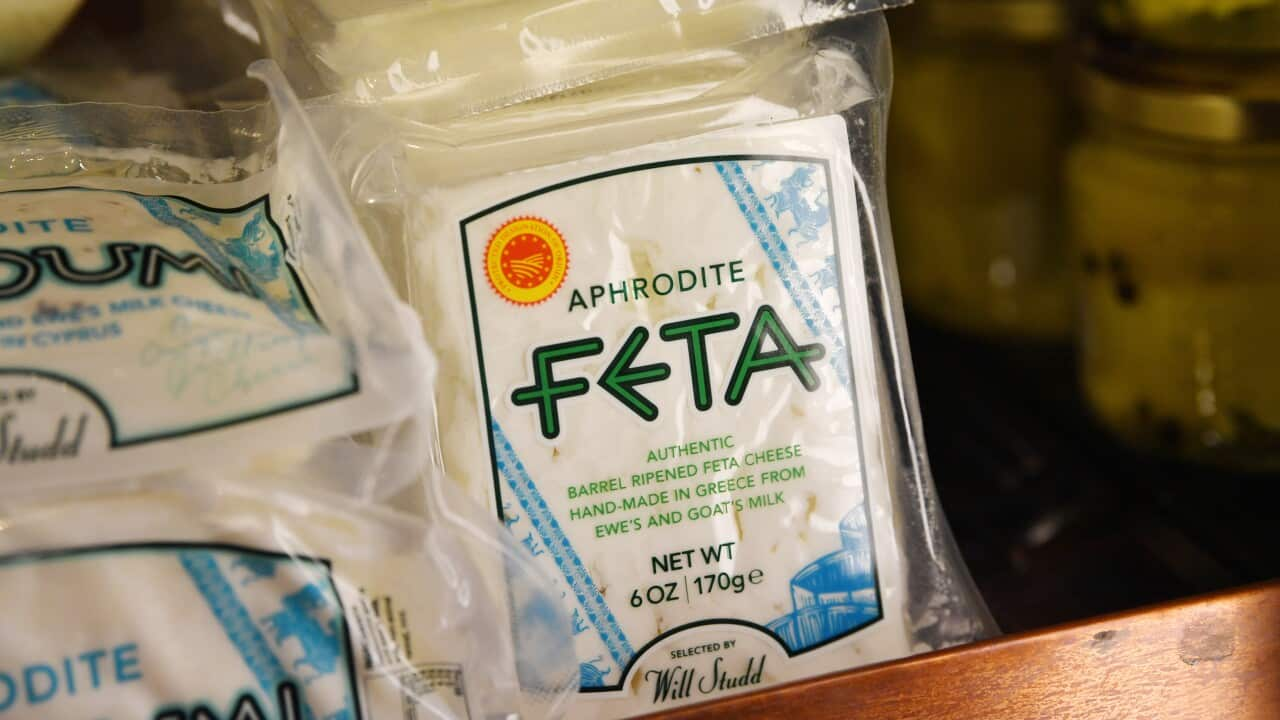KEY POINTS:
- Australia's negotiations with the European Union over a free-trade deal have broken down.
- Labor now says a deal is highly unlikely in this term of government.
- The EU wants Australian producers to stop using place names, such as feta and prosecco.
A free-trade deal between Australia and the European Union may be off the table for at least two years, after the latest round of negotiations to close off the agreement collapsed.
Trade Minister Don Farrell held talks with European counterparts at the sidelines of the G7 Trade Ministers' meeting in Osaka, but progress on the proposed free-trade deal once again stalled.
Negotiations for a trade deal , with a key sticking point the use of geographical indicators, which would stop Australian producers being able to use terms
Agriculture Minister Murray Watt said it was unlikely a trade deal could be negotiated before the end of the current term of federal parliament, which is due to expire in 2025.

Trade Minister Don Farrell attended the talks in Japan, but was unable to make a breakthrough with his EU counterparts. Source: AAP / Mick Tsikas
"The EU elections will be next year. I can't see them being in a position to resume negotiations before that ... there's a reason that no government has been able to reach an agreement with the EU up until now."
Watt said the Europeans didn't put a better deal on the table than the one offered up during previous stalled rounds of negotiations.
The federal government has said previously it would be willing to walk away from negotiations if it was not in the national interest, or in the interest of Australian producers.
"We would only enter a free-trade agreement with the EU if it was in Australia's national interest and, in particular, if it offered new, commercially meaningful access to the European market for Australian agriculture, and that hasn't happened," he said.
"We've made a number of concessions throughout the process and, again, we're willing to do that."
The agriculture minister said he was disappointed by the breakdown in negotiations.
"The EU takes a very strong stand — it's when it comes to agriculture, and they weren't prepared to budge enough for it to be in our interests," he said.
Opposition trade spokesman Kevin Hogan said it was unfortunate the trade deal had collapsed.
"The offer for agriculture, particularly beef, sheep and sugar, was not good enough," Hogan said.
"The EU offer on geographical indicators would have also been too restrictive, particularly for products like parmesan, feta and prosecco."










